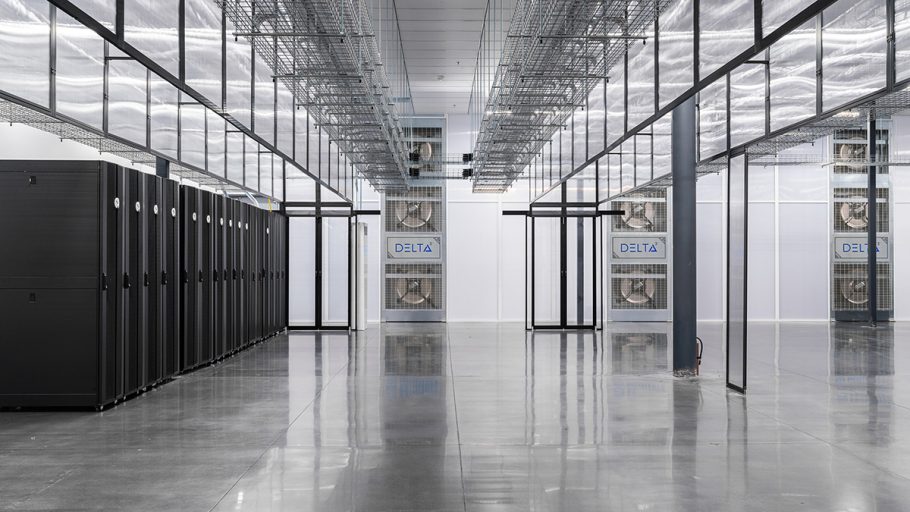InterGlobix Magazine Founder and Editor-in-Chief, Jasmine Bedi, sat down with Gerald to discuss the strategic business value interconnection offers organizations at Netrality Data Centers. Discussing their newly constructed edge facility in Kansas, Marshall explains how low-latency, high-availability environments support businesses leveraging the exceptional potential of emerging technologies. Connectivity is key, and Netrality has created the perfect solution – tethering wholesale colocation to its Kansas City interconnection hub.
How is the increasing presence of emerging technologies driving the requirement for interconnection at the edge?
In a world continuously reshaped by emerging technologies, businesses often find themselves at a crossroads between opportunities and challenges. The expanding digital frontier necessitates a recalibration of IT infrastructures. To harness the potential of emerging solutions, the focus on high-density footprints combined with power availability, interconnectivity, and sustainability are becoming increasingly critical. Businesses must leverage robust connectivity ecosystems to connect data and distributed computing power as they meet increasingly diverse and demanding workloads.
When it comes to confronting technological hurdles, emerging technology such as artificial intelligence (AI) is a noteworthy example. AI has an insatiable appetite for increased power and high-density cooling solutions, demanding a rethinking of the infrastructural norms. The pace of data center absorption for AI training models in hyperscale data centers has been staggering this year. Deep learning training models are an example of compute-intensive applications that can happen in a remote data center located virtually anywhere. However, once the AI application is trained and ready to interact, AI inference models must be deployed closer to the end user in order to deliver real-time intelligence and mission-critical reliability.

It is estimated that 80-90% of AI deep learning workloads will be inference. The impressive speed benchmarks, made possible by edge computing, will be necessary to drive this new wave of edge AI computing. AI, leveraging powerful and distributed computational capability, can assist radiologists in identifying pathologies in the hospital, driverless cars navigating down the freeway, or predictive maintenance detecting anomalies in equipment before failure.
AI inference capability will require high-availability network architectures at the edge and low-latency data transfers to support real-time inference. Furthermore, overloading long-haul fiber routes would negatively impact the performance of the AI model. To meet the demand for AI intelligence, pushing core computing tasks to the network edge, organizations will need to strategically position compute within scalable data center space that is also connected to highly sophisticated network architectures.
ABOUT GERALD M. MARSHALL
Gerald M. Marshall is the President, Chief Executive Officer, and Co-Founder of Netrality Data Centers. Gerald oversees the acquisition, financing, and redevelopment of the company’s data center portfolio, which is currently located in the continental United States. Prior to forming Netrality, Gerald co-founded Amerimar Enterprises, Inc., a real estate company specializing in value-added opportunities, which created Netrality. Before joining Amerimar in 1988, Gerald was with Dean Witter Realty, Inc., where he focused on real estate acquisitions, development, and asset management. Gerald holds a bachelor’s degree from The University of Texas with a major in real estate and an MBA from The Wharton School of the University of Pennsylvania with a concentration in finance. Gerald also serves on the Damon Runyon Cancer Research Foundation board.



